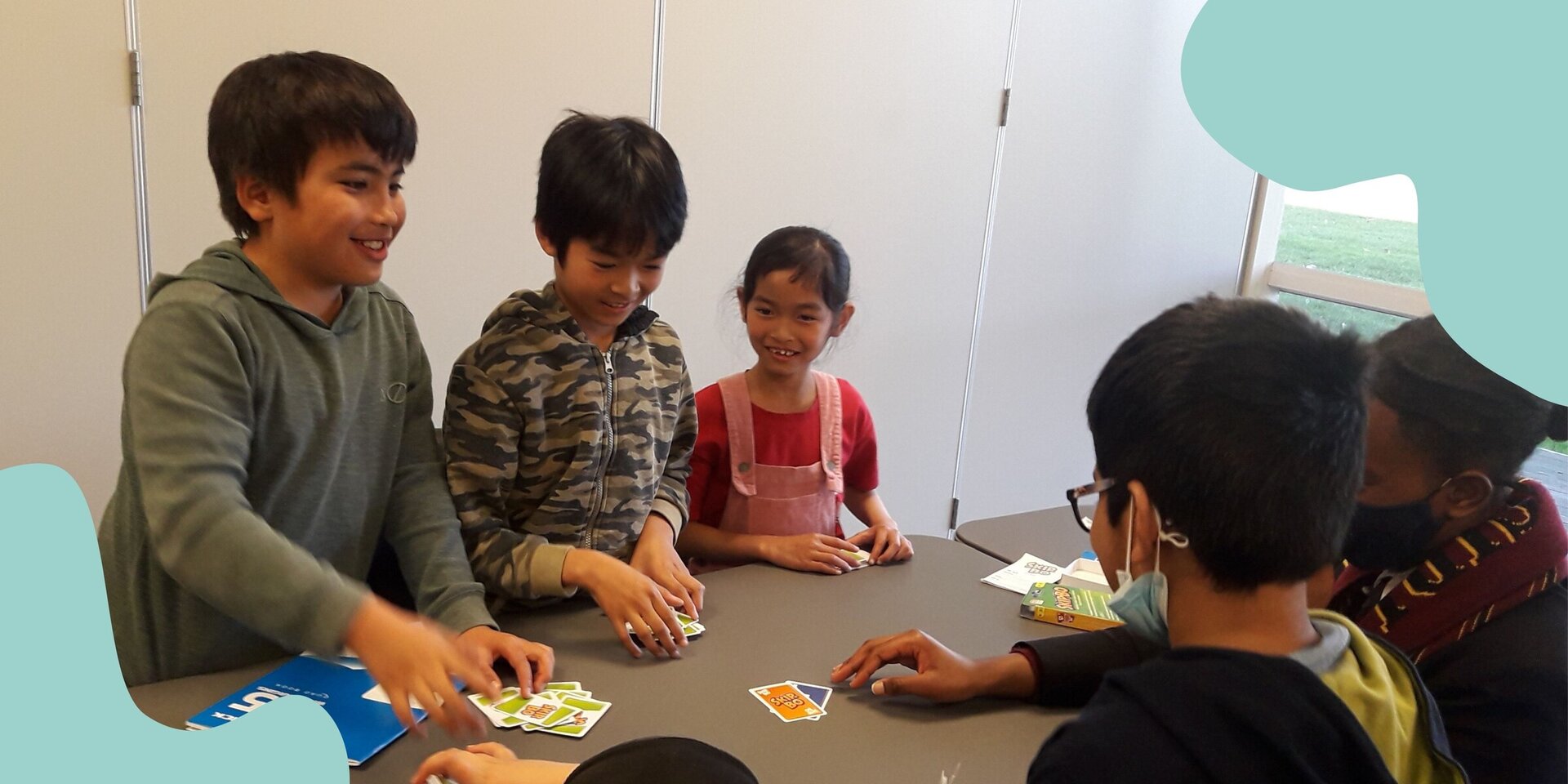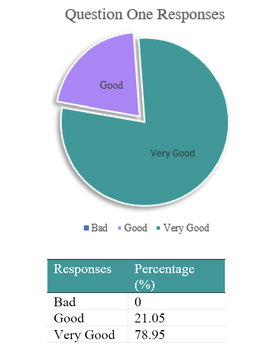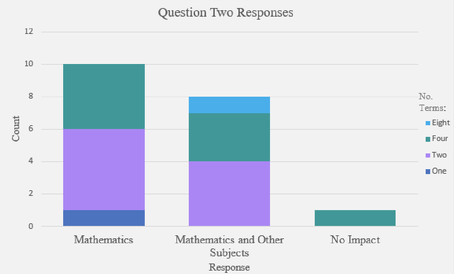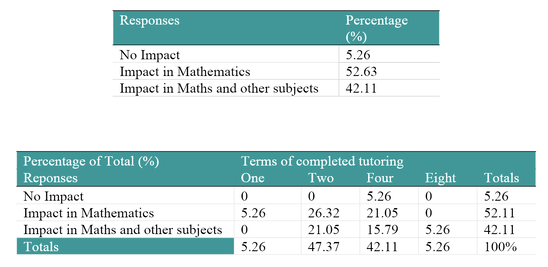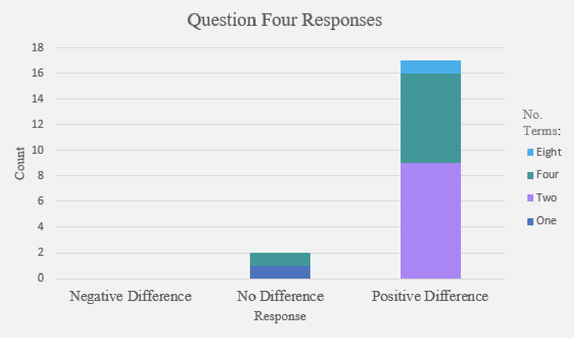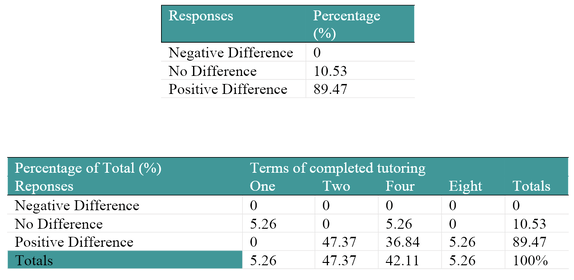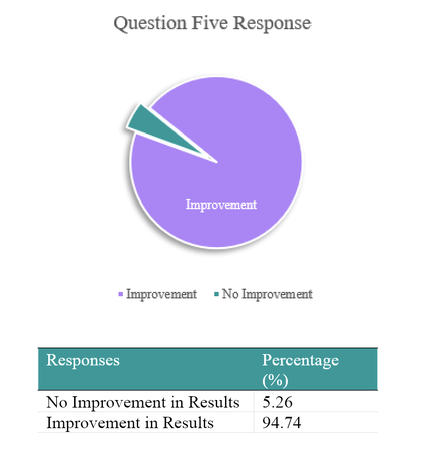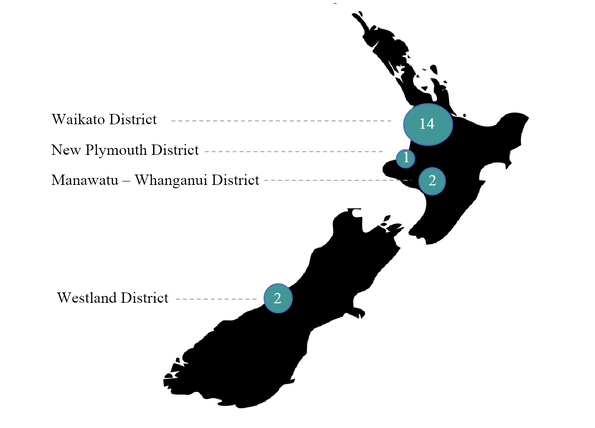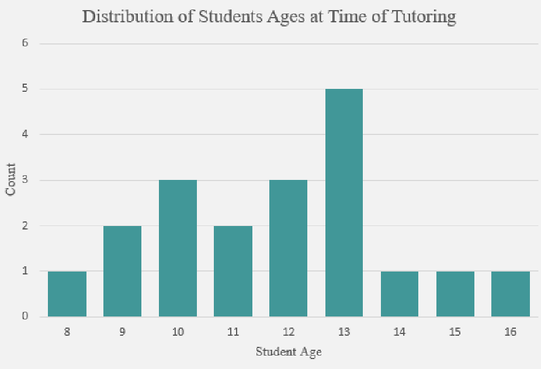Julia Gasston and Lynette Flowers have created a report on the effectiveness of Mathematics for a Lifetime tutoring. You can download a copy below.
Introduction
1.1 Mathematics for a Lifetime
Mathematics for a Lifetime (MFAL) 1 , is a charitable trust founded in 2017 by Jean McKenzie in Te Awamutu, Waikato, New Zealand. The purpose of MFAL is to make mathematical tutoring readily available to primary and secondary aged students who are least able to afford it. Through funding from small businesses and service groups, the organisation has been able to help 165 young people to date. MFAL has nine approved tutoring organisations who they work with to provide mathematics tutoring. Tutoring organisations are located across the North Island with most being located in the Waikato region. Applications to apply for tutoring, are completed by the student’s families and bought to the board for discussion on acceptance of funding. A successful application will meet the following criteria:
- Mathematical need based on age and level
- Financial need with a cap of the household annual income of $50,000
- Parent(s)/ guardian(s) commitment to the process (to ensure stability and growth in the student’s education)
Donations from outside organisations may be area specific, students in need of MFAL services are located through schools/contacts in that area and must meet the above criteria to be considered. Each student will be matched with a tutoring organisation through the application and review process.
1.2 Survey
In June 2020 a survey of six questions was conducted on a random sample of 26 students who have undergone and finished tutoring through the help of MFAL. The survey was originally conducted by telephone with two participants choosing to email responses after the telephone conversation. Seven participants of the selected sample were unreachable, though contacted several times. Leaving 19 full responses from students (14 female, five male) who participated in tutoring and one response from a parent of a student. Student ages at time of tutoring range from eight years old to 16 years old. Non response bias may affect the outcomes of this study.
The questions for the survey were:
- How did you find the tuition during this time?
- What impact did it have on your learning and in other areas of school?
- What was a highlight for you?
- What difference has it made for you since then?
- Can they give any examples of academic results since the tuition?
- Any other thoughts they / or parents say will be useful to know too.
The survey was conducted by Lynette Flowers, an outside volunteer who had no previous association with MFAL. Students were made aware that the volunteer was not from the MFAL organisation and answers were to be provided for a study. Questions were asked directly to the students, if parents were asked they were told to respond as how their child would have answered.
For the purpose of analysis, student responses where labelled to form categorical variables. The labels for each question are below. Questions three and six are omitted from this step; due to the nature of the questions and the broad range of answers.
| Question One | Bad, Good, Very Good | |
| Question Two | No impact, Impact in Mathematics, Impact in Maths and other subjects | |
| Question Four | Negative Difference, No Difference, Positive Difference | |
| Question Five | No improvement in results, Improvement in Results |
Other information included in the study was: Age, Gender, Age at Time of Tutoring, Age Now, Number of Terms in Tutoring and Place of Residence.
1.3 Goal
The goal of the survey is to see how tutoring has impacted students and to ascertain whether students found that tutoring has long-term effects.
Summary of Findings
The survey indicates that students, overall, benefitted from the mathematics tutoring made available through MFAL. 50% of students specifically mentioned “confidence” in one or more of their responses, indicating that students found MFAL provided tutoring is helping with confidence in mathematics. Approximately 90% of students said that the tutoring made a positive difference to their studies after tutoring was completed. A barrier to improvement may be the shortness of time in tutoring, with several students commenting on this.
Question One: How did you find the tuition during this time?
All students found the tutoring beneficial, with 100% of responses being labelled Good or Very Good. Students commented on the tutoring being very helpful to learning mathematics and that lessons were enjoyable and fun. One student commented “Very beneficial. The mix of both having to do it and enjoying it.”
Question Two: What impact did it have on your learning and in other areas of school?
Majority of the students found that tutoring had a significant impact on their mathematics grades with 42% saying that other subjects had also improved. Many students directly mentioned that their science work had also improved as an impact of the mathematics tutoring. A parent commented that mathematics tutoring had “Raised her (the students) confidence levels in all other areas of her learning”.
Questions Three: What was a highlight for you?
Many students commented that their highlight was improvement in grades in mathematics and when they were able to fully understand techniques taught to them; “The highlight was when I finally understood maths and it made it so much easier in class.”. Others commented on how much fun tutoring was and the games they got to play with their tutors.
Question Four: What difference has it made for you since then?
89% of students have expressed that tutoring has made a positive difference to them now that they have completed tutoring. A parent reached out to the student’s teacher for a comment; “It has been pleasing to see the growth in (Students) confidence with maths and how he sees himself as a mathematician. The private tuition is consolidating what he is learning and means he can continue to make good gains both in confidence and capability.
Two responses indicated that the length of tutoring was related to them having no long-term differences; “Not much difference now but really because of shortness of time spent”. One of these students had only completed one term of tutoring. MFAL acknowledges that the longer a student receives tutoring the more benefits they will receive.
Question Five: Can they give any examples of academic results since the tuition?
Almost all students commented on the improvement in grades in mathematics with several stating they had received Excellence and 100% on school tests. One student commented on their outstanding success:
“I had been taking Maths tuition as I was behind in my learning grades. But since all the help I was given and the hard work I put in, I have been able to complete NCEA standards in Maths that I was told could be impossible because of where I was to begin with.”
Question Six: Any other thoughts they / or parents say will be useful to know too.
“I would just like to say I am very thankful for all the support MFAL has given me through the tuition. Without them I wouldn’t think I would have had the knowledge or confidence in NCEA maths.”
Parent comment: "I am just so grateful to the trust for the financial assistance we have
received. They have made such a positive impact on my son and his future - saying thank
you doesn't seem enough"
Detailed Results
3.1 Question One: How did you find the tuition during this time?
Student responses were labelled “Bad”, “Good” and “Very Good” based on the language used in their response.
3.1.1 Key responses
“It was really helpful but needed to do the full course”
“Really useful and (Student) now believes he is a maths whizz. The lessons have given him confidence”
“Very beneficial. The mix of both having to do it and enjoying it.”
3.2 Question Two: What impact did it have on your learning and in other areas of school?
Student responses were labelled the values “Mathematics” and “Mathematics and Other subjects” if here was a positive impact in those areas. “No Impact” was given to those who reported no impact. Other subjects mentioned by students were: Science, woodwork, reading and writing.
3.2.1 Key responses
“My problem-solving skills improves and in other subjects especially science”
“It helped me to catch up in maths and improved my confidence”
“Covid impacted as he was better face to face”
“The tuition impacted my confidence level with learning new things and trying and trying until I got it right. Maths tuition also helped me be at the same level as my classmates and I was understanding what they were talking about when it came to strategies because I knew them”
3.3 Question Four: What difference has it made for you since then?
Student responses were labelled “Negative Difference”, “No Difference” and “Positive Difference”
3.3.1 Key responses
“The strategies are still useful. My confidence in sorting through difficult stuff, and to keep going and keep practising – therefore get better.”
“A small amount of help, helped in larger ways.”
“I don’t think it made a difference long term, but made a difference at the time.”
“Not much difference now but really because of shortness of time spent.”
3.4 Question Five: Can they give any examples of academic results since the tuition?
Student responses were labelled “No Improvement” and “Improvement”.
The student which had no improvement had completed four terms of tutoring.
3.4.1 Key responses
“I got excellence in maths, I attribute directly to the tuition”
“I had been taking Maths tuition as I was behind in my learning grades. But since all the help I was given and the hard work I put in, I have been able to complete NCEA standards in Maths that I was told could be impossible because of where I was to begin with.”
3.5 Other information
3.5.1 Location of Students:
3.5.2 Students age at time of tutoring
4. Conclusion
The responses show the positive impact of tutoring on the lives of students who have been able to access tutoring through MFAL funding. Majority of students have seen long term benefits and enjoyed their time in tutoring. Overall, student’s performance in maths and other subjects had increased, as well as increased confidence in schooling.
Being able to fund students for more terms of mathematics tutoring should be a key for MFAL, as responses show this was a barrier in achieving significant improvements.
4.1 Future work
A longitudinal study of student’s performance in mathematics, before, during and after tutoring, would be beneficial in observing the true impact of MFAL funded tutoring on student academic grades.
